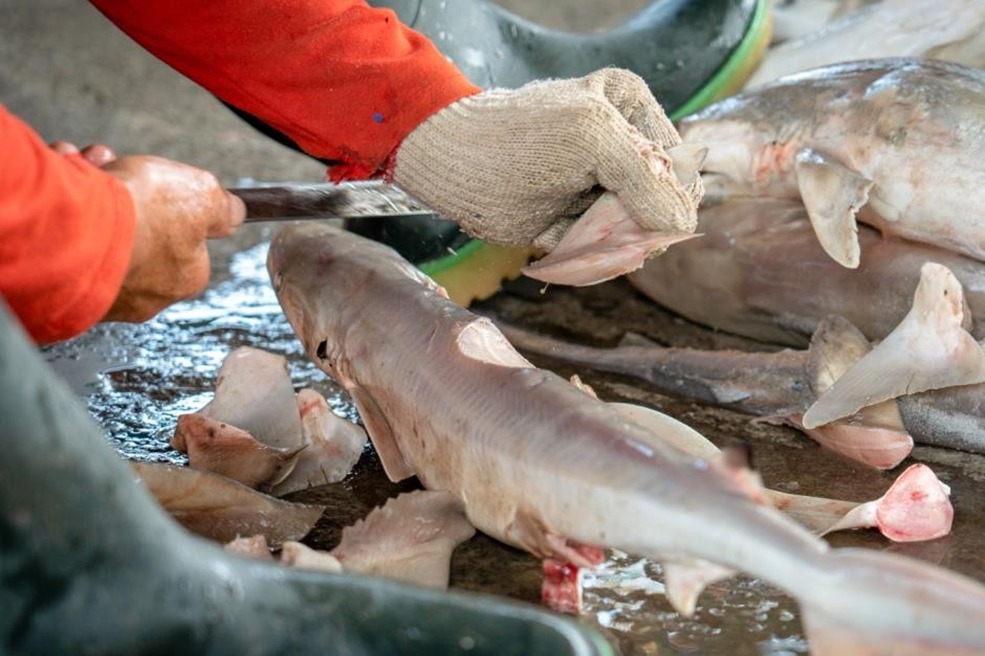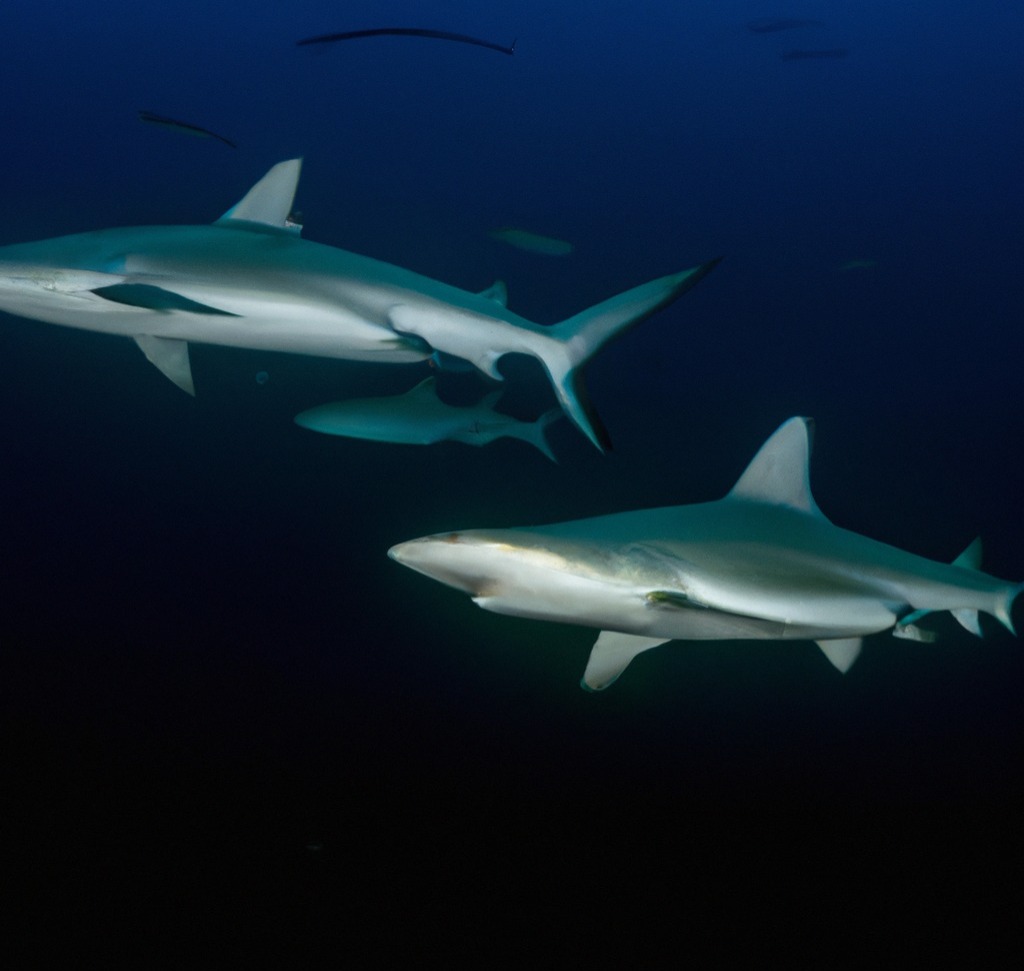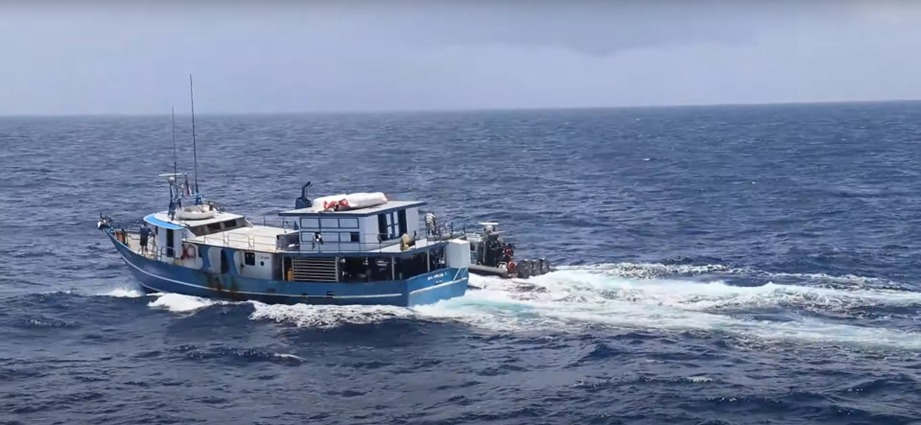SUMMARY
The lack of regulation in the monitoring of shark trade by species is a major challenge that Colombia shares with several countries in the world, mainly due to the difficulties to identify at the species level, using the shark parts traded (dried fins, meat and processed). To address these conservation and management problems, in the present study we applied a multiplex polymerase chain reaction (PCR) assay with species-specific primers based on the ITS2 ribosomal region. In addition, we characterized the shark meat trade in the wholesale market of the city of Quibdó, Colombia, which functions as a collection center for the trade of this product. Results based on the identification of tissues by multiplex PCR reveal that the trade is composed of at least two species. Oceanic whitetip shark (Carcharhinus longimanus) and pelagic thresher shark (Alopias pelagicus). A total of 93.26% (n=138) of the samples analyzed corresponded to species listed in one of the IUCN threat categories. The molecular technique applied in this study has proven to be reliable, fast and useful for the identification of shark species, making it a key tool for strengthening traceability systems and the chain of custody of shark products.
KEYWORDS: CONSERVATION, TRADE, GENETIC IDENTIFICATION, QUIBDÓ, ITS2, PCR MULTIPLEX, SHARKS, IUCN.



